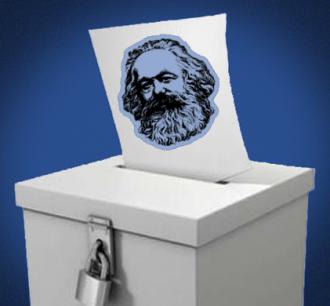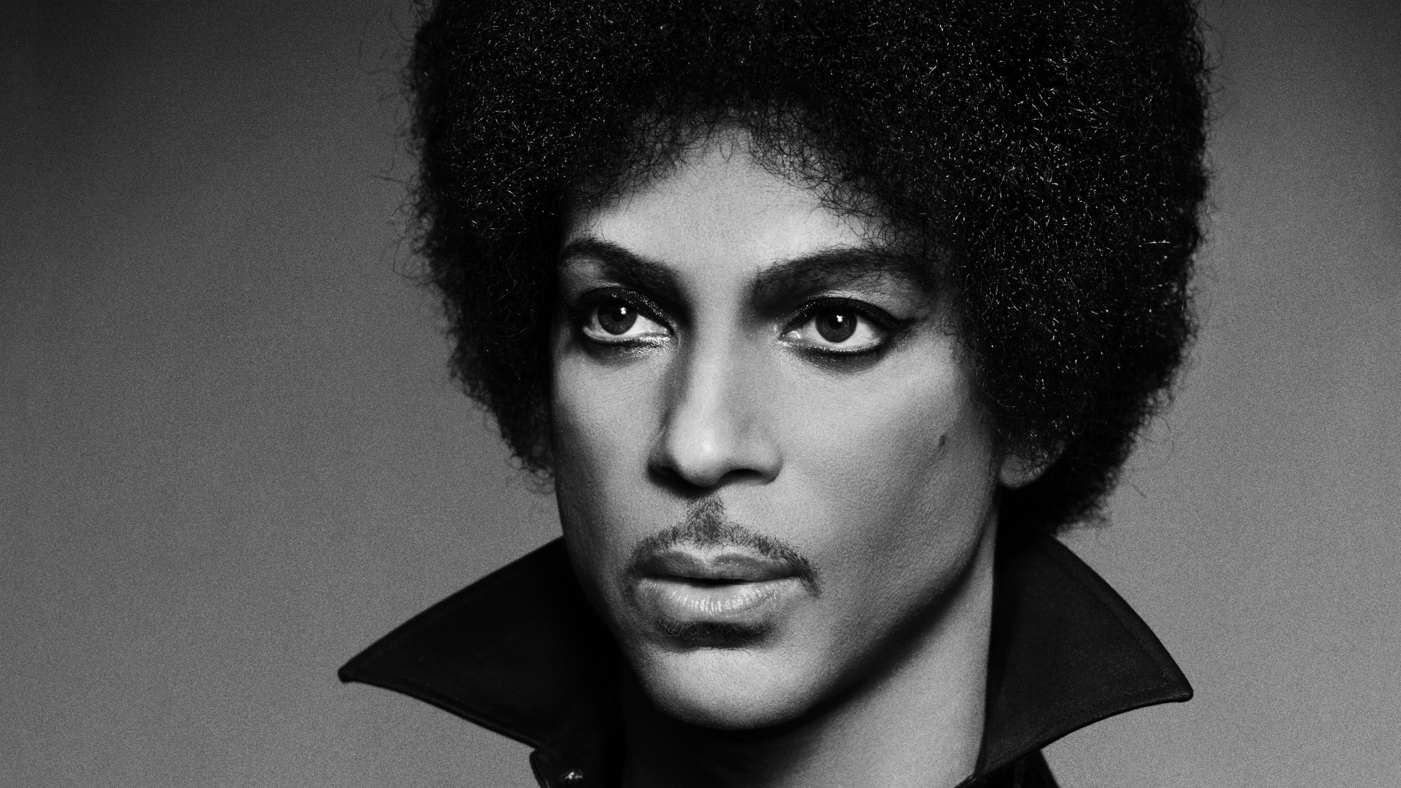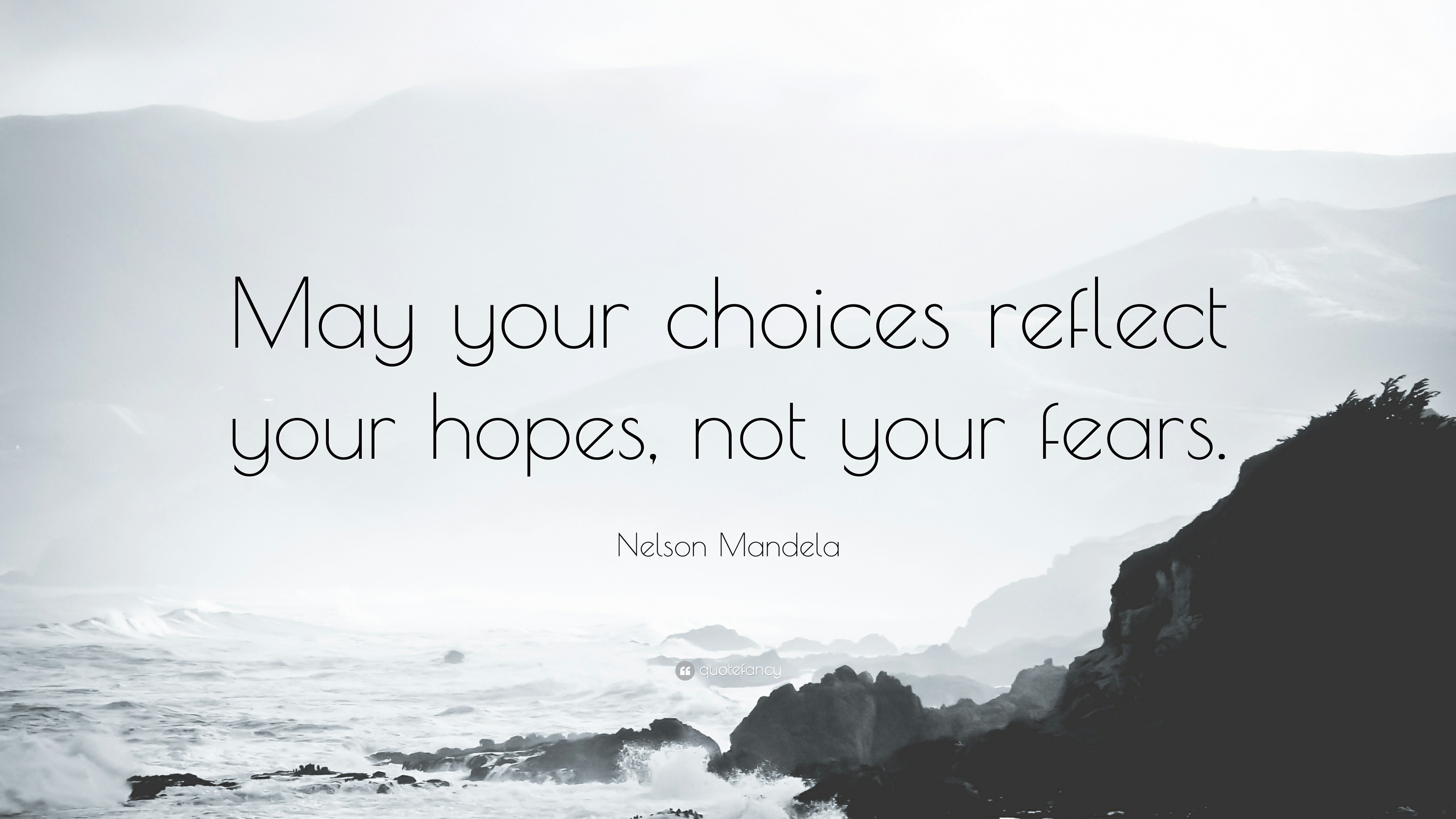TBF
TBF's JournalHappy May Day
Working-class radicals understood the unique power of collective action, fighting to ensure that the aggression of employers was often met by a groundswell of workers’ resistance.
Today Is Our Day: This May Day, we should celebrate the historic triumphs of the labor movement and the struggles to come. By Jonah Walters 5-1-16
The first May Day was celebrated in 1886, with a general strike of three hundred thousand workers at thirteen thousand businesses across the United States. It was a tremendous show of force for the American labor movement, which was among the most militant in the world.
Many of the striking workers — who numbered forty thousand in Chicago alone — rallied under the banners of anarchist and socialist organizations. Trade unionists from a variety of ethnic backgrounds — many of them recent immigrants — marched shoulder-to-shoulder, making a unified demand for the eight-hour day.
The movement to limit the workday posed a significant threat to American industrialists, who were accustomed to demanding much longer hours from their workers.
In the late nineteenth century, successive waves of immigration brought millions of immigrants to the United States, many of whom sought work in factories. Because unemployment was so high, employers could easily replace any worker who demanded better conditions or sufficient wages — so long as that worker acted alone. As individuals, workers were in no position to oppose the dehumanizing work their bosses expected of them ...
Much more here: https://www.jacobinmag.com/2016/05/may-day-history-iww-haymarket-american-labor-movement/
May Day 1913:

Elections and Marxism
So elections may be an excellent means to amplify the socialist message and organize and give shape to movements that develop outside the electoral sphere. But socialism cannot be legislated into existence. The absolute precondition in the U.S. to the building of a genuine socialist movement, embracing millions of workers, the poor and the oppressed, is breaking from the limits imposed by the two-party system and creating a party of workers and the oppressed. But for the socialists to fully succeed in their project, there must be a revolutionary struggle that moves far beyond the limits of our rigged democracy.
Elections and the Marxist tradition
Paul D'Amato, author of The Meaning of Marxism, looks at how socialists--from the time of Marx and Engels through today--have approached politics and voting.
April 26, 2016
THERE IS a still-widespread fallacy that Marxism cares only about economics.
It is certainly true that Marxists believe the economic relations of society constitute its foundation, and you can't understand the dynamics of a particular society unless you understand its underlying relations of production--and, in particular, its class relations. "What distinguishes the various economic formations of society," wrote Marx in Capital, "is the form in which...surplus labor is in each case extorted from the immediate producer, the worker."
But just as a house is more than its foundation and supports, so capitalism is more than its economic structure. As Marx famously wrote in his Preface to A Critique of Political Economy, a "legal and political superstructure" arises on this foundation, "to which correspond definite forms of social consciousness."
One key component of this superstructure is the state, which has, at its core, agencies of coercion and vast official bureaucracies, but also legislative and executive bodies that change hands between competing political parties, at least in systems where elections are held. Engels described the modern state, even in its most democratic form, as "the organization which the ruling classes--landowners and capitalists--have provided for themselves in order to protect their social privileges." ...
more here: https://socialistworker.org/2016/04/26/elections-and-the-marxist-tradition

Incrementalism **Socialist Progressive Group Post **
I think we need to understand that politics involves BOTH economic and social issues, and that they are intertwined. At the root of the divide on DU currently is that some reject capitalism, while others think that perhaps capitalism isn't so bad - it just needs to be accessible to everyone as opposed to oppressing certain genders, races, etc.., (and that to hope for more is too ambitious). In this group previously we have always argued for replacement of the system. That SOP is perhaps getting pressured due to the wide chasm between the two people running for the party nomination this spring. I'm not sure how we reconcile this, but I posit that we are missing the forest for the trees if we do not realize that at minimum we need an FDR style overhaul of the system if we are even going to survive as a planet, much less make improvements. Don't be afraid to dream big - it is fear that is keeping us down.

To Tell The Truth
Born: January 22, 1891
Died: April 27, 1937 (aged 46)
Nationality: Italian
Occupation: Politician
Bio: Antonio Gramsci was an Italian writer, politician, political theorist, and linguist. He was a founding member and a leader of the Communist Party of Italy. He was later imprisoned by Benito Mussolini's Fascist regime.
Read more at http://izquotes.com/quote/74506

Socialize the Banks
So as the banks have a field day, where is the Left? Seemingly nowhere to be found. In the core capitalist countries, the Left has repeatedly failed to crawl out from its defensive trenches and seize the opportunity that the crisis opened.
Socialize the Banks
Breaking up the banks won’t do. They should be publicly owned and democratically controlled.
by Nuno Teles 4/27/16
These days observers worry about banks — European institutions like Germany’s Deutsche Bank, France’s Societé Generale, and Italy’s Monte di Pascoale, not to mention the zombie banks that populate the austerity-ridden eurozone periphery in Greece, Portugal, and Spain. These big banks are widely seen as global capitalism’s next weak link, capable of causing massive financial instability if they go bust. Such concern isn’t particularly surprising — banks were at the center of the latest crisis from the beginning. Indeed, it wasn’t subprime market defaults that unleashed the destructive financial turmoil of 2007–8, but their ruinous impact on a major investment bank, Lehman Brothers. Lehman’s failure — and the state’s subsequent refusal to bail out the bank — created a credit crunch that sent the entire financial sector, as well as the world economy, into a tailspin.
< snip >
Europe’s major banks, already troubled by their souring US investments (among other things) faced collapse. Only the quick substitution of bank-held debt for official debt — taken on from the troika of European lenders and the IMF in return for punitive fiscal austerity — saved them. Yet here we are today, facing another potential wave of failing banks. The lingering instability highlights the hollowness of the G-20 countries’ pledges to reform the financial sector in 2008-09. Promises to “extend regulatory oversight and registration to Credit Rating Agencies,” “take action against non-cooperative jurisdictions, including tax havens,” and “prevent excessive leverage and require buffers of resources to be built up in good times” have yielded little substantive change ..
Much more here: https://www.jacobinmag.com/2016/04/banks-credit-recession-finance-socialism/

I wish I could tag folks like Facebook (Starry, Socialist n TN, etc)
So, comrades, what is it going to be? Are we going to change the focus here? Because if we are I need to deal with that straight up. I am going to be very specific and blunt here. We have a low count poster come in here this morning with a very long diatribe and then sum up with the following sentence "And in most cases, the socialist progressive will have to settle for changes short of their ideological leanings." What in the actual fuck? I would like to hear suggestions from regular posters on how you would like to change the focus of the group if at all (please see before). And if we are going to change this group to "ok we're socialists but we're ready for Hillary" then you all need to be very specific about that so we all know and understand what is going on here. So, what is it going to be?
"Welcome Comrades! *** Updated July 22, 2014 ***
This discussion thread is pinned and locked. It is closed to new replies.
Socialist Progressives Group - SOP
Welcome to the Socialist Progressives Group. Posts in this group should generally be supportive of socialism and socialists. We are largely anti-capitalist and will not tolerate red-baiting. We welcome leftists of all persuasion as allowed per the admin's TOS. Democratic (ballot box) socialism, revolutionary socialism, Syndicalists and autonomists are all ok. Pure black flag (as opposed to red/black) anarchists who would rather organize with any anarchist than socialists, including anarcho-capitalists and libertarians, will not be welcome. If you don't know what kind of anarchist you are, cool, so long as you don't hijack and red-bait. This includes no "you're a dictator-lover" if you support the Russian Revolution. CPUSA members, please chime in.
Social Democrats are welcome with the explanation that if someone believes in "regulated" capitalism and social programs, they're a Keynesian, not a socialist. We welcome your questions as long as you're pleasant and don't red bait or shift the discussion away from socialism. You'll find many of us support Obama and his re-election given our two-party system, but this is not the forum to talk about the intricacies of elections - see the Politics forum for those conversations. We are more concerned with safe-guarding the working class gains we've made in this country thus far and encouraging the peaceful transition to socialism. Please no Trotsky or Stalin baiting, we've all seen it fracture groups and do not want to fight that battle again.
*** Updated 7/21/2014: We've been in this group for a couple of years now and we are excited to see the growth in readership. Please be aware, however, that this is a protected group. Our purpose is to view issues through a working class lens. As capitalism has become a global force we are in solidarity with workers worldwide. Expect that we will discuss the effects of capitalism on the working class in all areas - whether it agrees with the view of the current administration or not. Sometimes visitors to our group seem determined to contribute only because they feel the need to protect certain politicians or viewpoints. If you care to add a substantive and productive comment on the OPs here, in the spirit of our SOP, that kind of contribution is welcomed. Throw-away comments from newcomers who haven't posted in here before, especially of the "snark" variety, are not welcome and will not be tolerated. Either contribute in a positive way or you will be banned on either a temporary or permanent basis.
Prince
As is always the case in any culture war, there was a lot more to it than mere moral outrage. Rather, it was about whose power was called into question and who walked away from a song feeling emboldened. As Richard Kim writes at the Nation: “On one side of your childhood, there is Reagan and AIDS and nuclear war and the yelling Christians. And on the other side, there is Prince.”
Prince himself was far less equivocal. “The system is broken,” he said in a press release.
The Prince Position
It may be trite to say that Prince broke down boundaries, but that’s what made his music such a revelation.
by Alexander Billet 4-24-16
Genres are fictions, categories whose social weight comes almost entirely from money and marketing. They exist only because over time enough people can be pushed to believe they exist. Ultimately, the concept of genre — this kind of song should sound like this, while others should not — holds back the evolution of music far more than aids it.
On some level, Prince understood this — he’s been credited with essentially inventing a whole new style of music. The irony is that he did so by annihilating the divisions between those that already existed.
< snip >
Prince was not a nostalgia act. His stylistic components were assembled uniquely, their points of convergence completely different to where they had been twenty years prior. This was both new by reference to the old, and a different way of looking at the old through the newness of possibility.
What made Prince Prince, then, wasn’t just his sound but his methodology. In the 1980s, sounds associated with black America were being aggressively corralled into the broad-yet-restrictive category of “urban music.” Prince took all the characteristics and tropes that the industry hung on that term and cast them back out into music as a whole. They left innumerable ripples in their wake and redefined popular music ...
More here: https://www.jacobinmag.com/2016/04/prince-obituary-minneapolis-sound-genre-politics/

Poland's Abortion Wars
For years, Poland has had some of the most repressive abortion laws in Europe. Abortions are restricted to cases of fetal abnormality, risk to the health and life of the mother, or rape and incest. Even in cases where it is permitted, hospitals often invoke “conscience clauses” to turn away patients. Now, the country’s right-wing Law and Justice Party (PiS) is pushing for an outright ban. Jacobin assistant editor Elizabeth Mahony spoke to the Polish feminist philosopher Ewa Majewska about the proposed law, its political backers, and potential consequences for women in Poland.
For the genuine left, such as Razem, and other left-wing and feminist organizations, the current law is evil since it forces women to pay so much for access to abortion. They are aware of the number of women in Poland who already cannot afford to pay. Under today’s law they have to deliver their babies. Razem is the only political party organizing protests against the new law, joining the protests organized by feminist groups and overtly criticizing the “compromise” law.
Poland’s Abortion Wars
A proposed abortion ban in Poland would subject women to surveillance, criminalization, and even more economic hardship.
by Ewa Majewska 4-24-16
For years, Poland has had some of the most repressive abortion laws in Europe. Abortions are restricted to cases of fetal abnormality, risk to the health and life of the mother, or rape and incest. Even in cases where it is permitted, hospitals often invoke “conscience clauses” to turn away patients.
Now, the country’s right-wing Law and Justice Party (PiS) is pushing for an outright ban. Jacobin assistant editor Elizabeth Mahony spoke to the Polish feminist philosopher Ewa Majewska about the proposed law, its political backers, and potential consequences for women in Poland ...
Much more here: https://www.jacobinmag.com/2016/04/poland-abortion-law-justice-party-catholic-church/

Crash and Burn
Capitalist growth has never been green or just. The decoupling studies are poor evidence that it could become either. Why not, as British economist Ann Pettifor has argued, abandon the concept of growth entirely?
You can’t have capitalist growth without environmental destruction
by Kate Aronoff 4-22-16
If climate wonks have a Holy Grail, it’s decoupling rising greenhouse gas emissions from a rising GDP. Paths to economic growth have historically involved digging up and burning massive stores of carbon held in fossil fuels. For centuries, their fumes have produced the energy needed to build factories, plan modern cities, and increase living standards.
Calls to find new paths to prosperity are met by cries from the Right that pit growth against environmental stewardship. Take dirty energy out of the mix, they say, and the chances for a better life for billions crumble.
“We frankly don’t have an option,” United Nations climate chief Christiana Figures recently told journalist Elizabeth Kolbert about decoupling. Growth and falling emissions, she warned, “are absolutely key to being able to feed, house, and educate the two billion more family members who will be joining us.”
Dips in the steady rise of greenhouse gases, tellingly, all stem from economic retraction — from the oil crisis of the 1970s to the fall of the Soviet Union. A study released last summer in Nature found that from 2007–2013 emissions dropped by a full 11 percent. “The economic recession of 2008–9 may have hurt your bank account,” one Los Angeles Times article on the report began, “but new analysis suggests it was good for the planet.” ...
Much more here: https://www.jacobinmag.com/2016/04/fossil-fuels-decoupling-growth-oil-climate/

Profile Information
Gender: FemaleHometown: Wisconsin
Current location: Tejas
Member since: Thu Jan 17, 2008, 01:44 PM
Number of posts: 32,047
